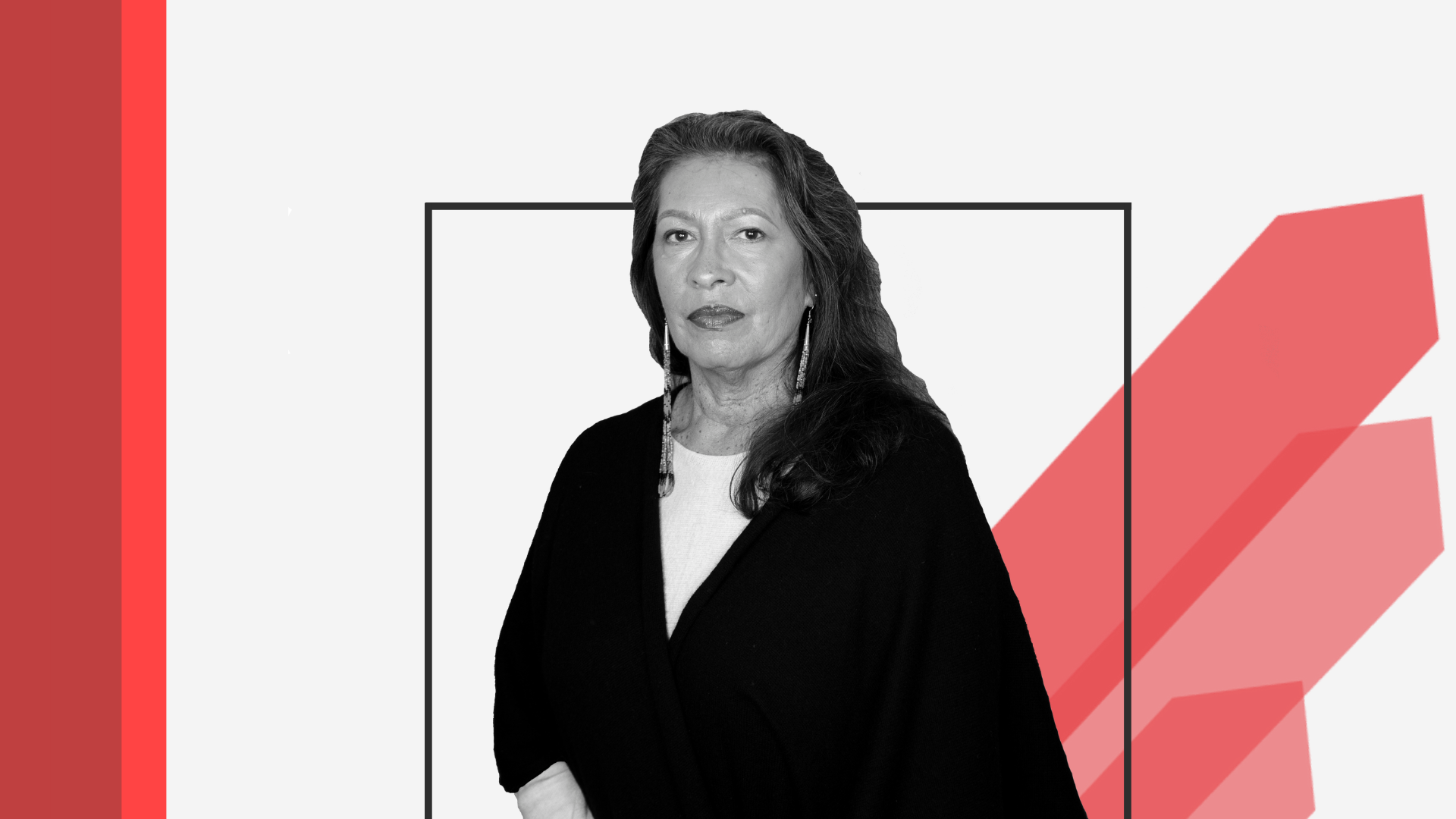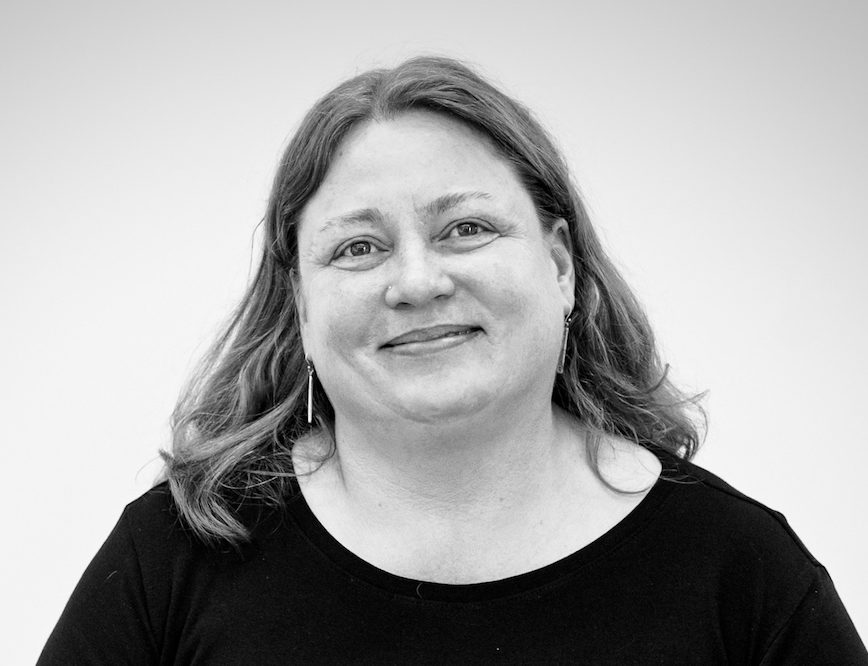Featured, Roddenberry Fellowship
Meet A Roddenberry Fellow
Judith LeBlanc
May 28, 2019
Meet Judith, a 2019 Roddenberry Fellow
Judith is a member of the Caddo Tribe of Oklahoma and the director of the Native Organizers Alliance (NOA), a national Native training and organizing network. Together Judith and NOA have built relationships with tribes, traditional societies and grassroots community groups in key Native communities and reservations.
The Missouri River Basin (MRB) is a threatened bioregion due to unmitigated abuse by extractive fossil fuel industries, aided and abetted by federal and local government policies which deny sovereign and inherent Native rights to manage land and water resources. Indigenous People were removed, relocated, and eliminated across this landscape. Repeated decisions to exploit and transform the land and hydro-scape have resulted in compounded problems and unpredictable outcomes in the ecosystem and river responses. Today, the Native community occupies a small portion of the land and water in the Missouri River Basin, which has to be shared with the surrounding non-Native communities. The NOA has partnered the Yankton Sioux partner organization, Brave Heart Society, to create the Mni Wizipan Wakan project. This project will empower the Yankton Sioux Tribal government and grassroots Native communities of the Missouri River Basin (MRB) to restore traditional Native practices of water and land management.
“We are finding an overwhelming demand for Native based organizing training rooted in an understanding of relationality,” Says Judith, “where participants learn from their own origin stories, practices, and beliefs why and how community and nation rebuilding is crucial. That is how we survived and revived all through history. Columbus didn’t discover Plymouth Rock, and Saul Alinksy did not discover organizing!”
During the 2019 Fellowship
Throughout the Fellowship, Judith is focused on the NOA and Brave Heart Society work creating a model infrastructure project for tribal-federal government co-management of landscape and hydroscape. They are collecting both scientific and Traditional Ecological Knowledge data to re-indigenize federal water policy. The project prepares for future participatory tribal based co-management of the MRB. The Mni Wizipan Wakan Project’s goal is to create a model water/bioregion management plan that will serve as a path for all of the Oceti Sakowin tribes in the MRB to become co-managers with the Federal Government of the MRB.
“How we are organizing this project is as important as what we are doing. We are working alongside of traditional women’s society leadership and leading with our spiritual values and teachings to continue the path of the ancestors as caretakers of Mother Earth. The path was interrupted when the land of many nations was taken, Native peoples removed and relocated and spiritual practices, languages, and ceremonies outlawed. We are rebuilding our belief systems and environmental practices that will protect the environment at a troubling political moment in federal governance. We have the responsibility to create community-based movements that reflect new emerging ways of governance grounded in Traditional Indigenous Knowledge, not simply protest the outmoded forms.”
How to get involved:
Intern: If you are a Native student and would like to intern with NOA, please contact http://nativeorganizing.org/
Subscribe: Subscribe to NOA email list http://nativeorganizing.org/
Follow/Share: Support NOA and Judith on Facebook
Facebook: @NativeOrganizersAlliance
Learn more about Judith and NOA: http://nativeorganizing.org/




